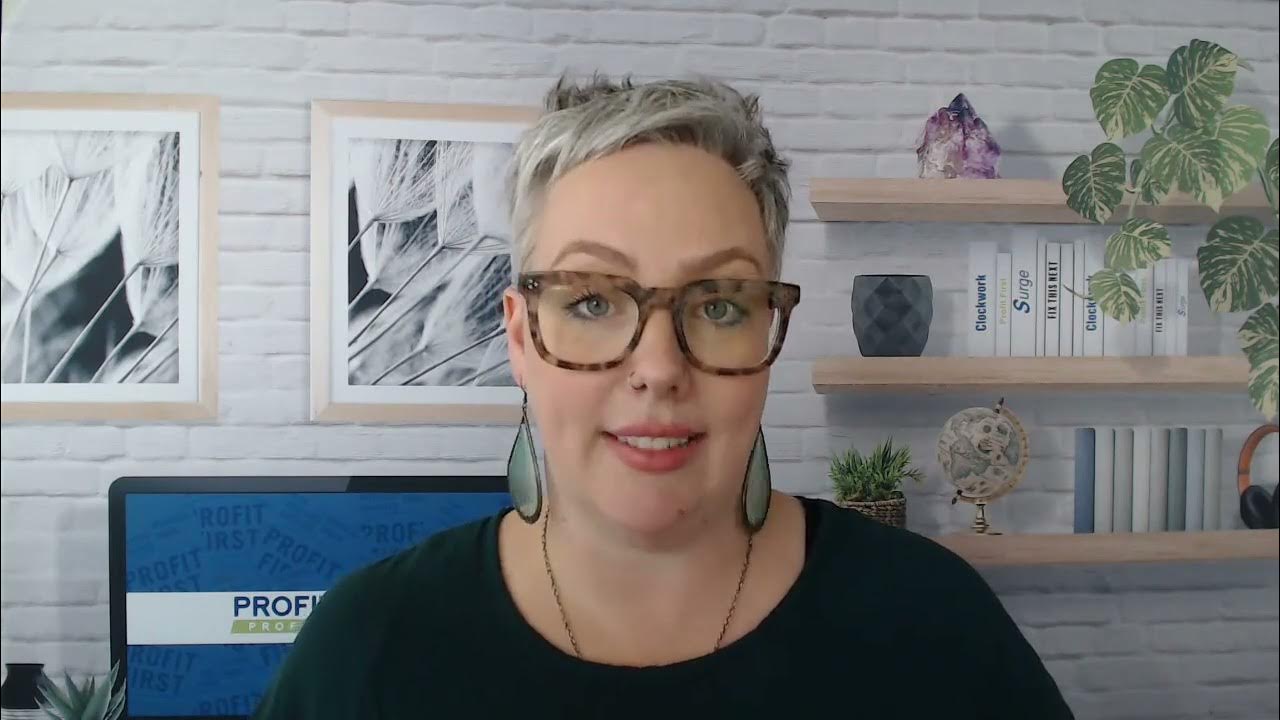Personal finance F
Summary
TLDRThe transcript delves into the challenges of financial management from the perspective of an individual with a modest income. It covers topics such as budgeting, saving, handling emergencies, taking loans, and the impact of lifestyle choices. The speaker shares their experience of managing a 12,000 PHP salary, prioritizing essential expenses like utilities and household needs, and occasionally relying on loans for emergencies. They emphasize the importance of saving, being cautious with spending, and avoiding unnecessary purchases, while reflecting on past financial mistakes, such as gambling, and the lessons learned from them.
Takeaways
- 😀 The speaker's monthly income is 12,000 PHP, with 6,000 PHP allocated for essential household expenses like water, electricity, and rent.
- 😀 The speaker saves 3,000 PHP at the end of the month and another 6,000 PHP for future expenses or emergencies.
- 😀 Emergency funds are sometimes covered through loans from Pag-IBIG, GSIS, and MPL.
- 😀 The speaker has accumulated several loans, but they are small and have a long repayment period, typically over three years.
- 😀 Managing unforeseen expenses is challenging, and sometimes the speaker resorts to pawning their ATM card to cover emergencies.
- 😀 The speaker is disciplined about saving money for bills, especially for regular payments.
- 😀 The speaker has used loans to cover emergencies but does not have a credit card.
- 😀 For students, the speaker advises prioritizing needs over wants and being cautious with unnecessary purchases.
- 😀 The speaker warns against impulsive spending, especially on things that are not essential, as it can erode savings.
- 😀 The speaker has learned from past mistakes, including losing money through gambling, which drained their savings.
Q & A
How does the speaker manage their salary on a monthly basis?
-The speaker allocates their salary by setting aside a portion for bills and necessities. They save half of their income and use it for basic expenses like utilities, rent, and daily needs.
What are the primary expenses that the speaker has to cover with their income?
-The speaker needs to cover expenses such as water bills, electricity, rent, and the education-related costs for their children.
How does the speaker manage emergency expenses?
-For emergencies, the speaker resorts to loans, often from Pag-IBIG or GSIS, and sometimes uses their ATM for temporary cash needs. They also mentioned having several loans that they pay off over time.
What kind of loans does the speaker have, and how are they managed?
-The speaker has loans from Pag-IBIG, GSIS, and MMDA. These loans are typically repaid over three years with small monthly payments.
Does the speaker use a credit card?
-No, the speaker does not have a credit card. They rely on loans for emergency funds instead.
How does the speaker handle their savings?
-The speaker prioritizes saving as soon as they receive their salary, especially for upcoming payments. They make sure to set aside money for bills first before considering other expenses.
What advice does the speaker give to students regarding finances?
-The speaker advises students to be mindful of their spending, especially on non-essential items. They suggest that students should focus on buying only what is necessary, rather than indulging in unnecessary purchases.
What mistake did the speaker make in the past related to finances?
-The speaker admitted to making a mistake by spending money on gambling, which caused them to lose money that could have been saved. This experience taught them the importance of careful spending.
How does the speaker ensure they are prepared for monthly bills?
-The speaker ensures they are ready for monthly bills by saving part of their salary in advance. This helps them manage expenses like rent, utilities, and other necessities without financial strain.
What does the speaker think about the current financial situation for students?
-The speaker believes that students today face higher costs and are often tempted by various things they want to buy. However, they emphasize the importance of being responsible with money and prioritizing what is essential.
Outlines

This section is available to paid users only. Please upgrade to access this part.
Upgrade NowMindmap

This section is available to paid users only. Please upgrade to access this part.
Upgrade NowKeywords

This section is available to paid users only. Please upgrade to access this part.
Upgrade NowHighlights

This section is available to paid users only. Please upgrade to access this part.
Upgrade NowTranscripts

This section is available to paid users only. Please upgrade to access this part.
Upgrade NowBrowse More Related Video

Gestão e processos ainda sem sintonia no CT; nova gestão lacra camarotes; Pedro Raul perto

ACCOUNTANT EXPLAINS: Signs You're Doing Well Financially (Even if it doesn’t feel like it)

It depends - PF examples

ALL Expenses Covered By Passive Income? (Expense Management for FIRE)

Pay Off Car Loan FASTER

If I Had to Start Over, Here’s How I’ll Build a ₹10 Crores Corpus in 15 Years or Less
5.0 / 5 (0 votes)